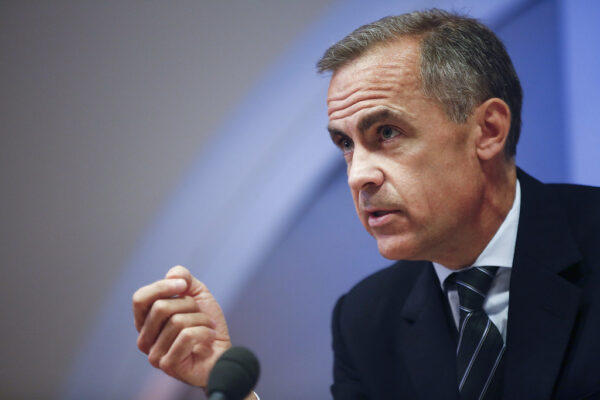COP mail – Money, money, money
Our daily update from the Glasgow climate talks

Energy day at COP
More than 40 countries have pledged to move away from coal, including major coal users such as Poland, Vietnam and Chile – meaning that they will stop investing in the most polluting fossil fuel at home and overseas. More than 100 financial institutions and other organisations have also pledged to stop coal financing, including some major banks. But crucially, India, China, Australia and the US are not signed up, despite being some of the most coal-dependent countries in the world. While the UK government, which brokered the agreement, heralded it as a major move forwards, experts and campaigners warned that the timelines were too slow – the phase-out date for bigger economies is in the 2030s, while for smaller countries it’s the 2040s.
Financing the transition – or not?
Each day at COP has a different focus so while today is focused on energy, yesterday was all about finance. Rishi Sunak turned up on cue showing off his green suitcase, although as one protestor suggested, it’s not clear if there was anything in it. He announced that the UK would become the first global financial centre to be aligned with net zero. What does that mean, you might ask. Big firms and financial institutions have been given until 2023 to set out publicly how they intend to align themselves with the UK’s 2050 net zero target, but before you get too excited the Treasury stressed the purpose is to increase transparency and accountability and that they are not “making firm level net-zero commitments mandatory”. The market will decide if firms’ plans are credible, it seems, which Global Witness commented meant pledges were “doomed to fail”.
Mark Carney was another of the big names at yesterday’s conference. He is the face of the Glasgow Financial Alliance for Net Zero (GFANZ), a coalition of banks, insurers and investors – representing 40% of the world’s financial assets – that yesterday pledged to meet the goals of the Paris agreement. The group of firms – which includes HSBC and Santander – are responsible for $130 trillion of assets. The announcement faced criticism from campaigners who were out in force last night, not least because firms will still be able to keep merrily lending to fossil fuel companies. The announcement even came in for some criticism from the FT.
Twenty countries announced they will stop financing fossil fuel projects overseas, including the US, UK, Denmark but crucially not China or Japan. A number of countries in the global south who would receive such finance have also signed up, such as Costa Rica. It will not affect projects already in the pipeline – such as the UK’s financing of a gasfield in Mozambique – or private funding and countries will still be free to keep on exploiting their own fossil resources.
Some hope
A slice of hope came yesterday from a study by the University of Melbourne which has analysed the latest pledges at COP26 and estimated that if such pledges were met global temperatures could be kept within a 2C rise – the first time, they say, that such a trajectory has been on the table. Plans announced by India earlier this week, will have made a significant difference, the researchers said. Experts have however urged caution, given that the trajectory is based on long-term net zero targets rather than short term concrete plans, and all targets are contingent on international support to be met.
In the world..
Away from COP, a harrowing story from This Week in Asia tells of the traumatic escape of an Indonesian worker from abuse on a Chinese fishing vessel. His colleagues who also escaped in an attempt to reach Somalia are thought to have been picked up again by the ship, with one believed to have drowned.

